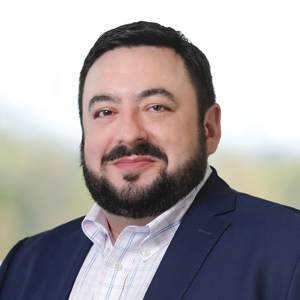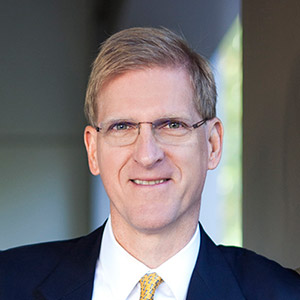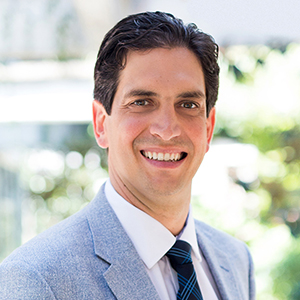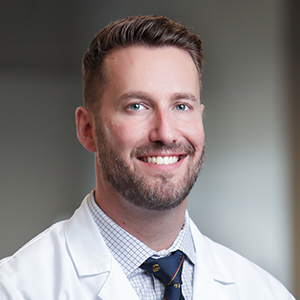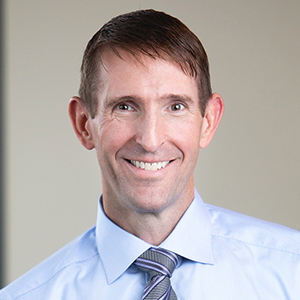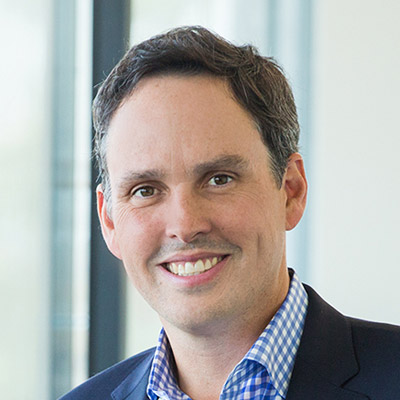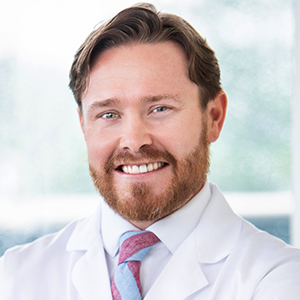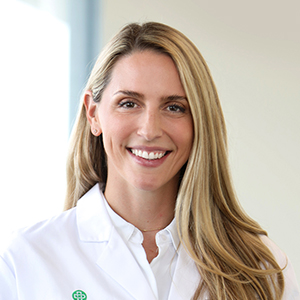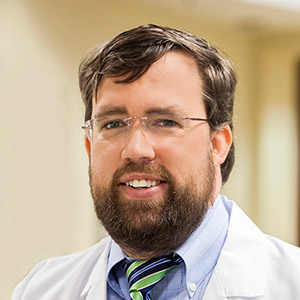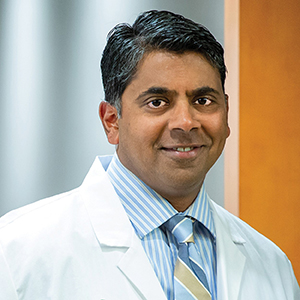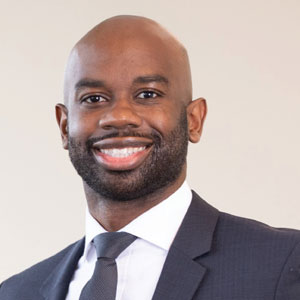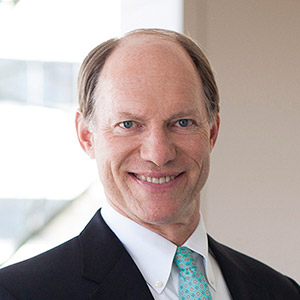Sports Medicine is a broad category that includes prevention, evaluation, surgical and nonsurgical treatment, and rehabilitation of sports related injuries.
Sports injuries are not age specific; they can start in youth soccer, high school varsity, club events, college, professional sports, senior golf and tennis leagues. Your aches and pains can develop as a weekend warrior, a work-related injury, or even an accident that occurs while walking your dog. The sports medicine physicians at Peachtree Orthopedics are fellowship trained sports medicine specialists, and our job is getting you back into the games and activities that you enjoy.
